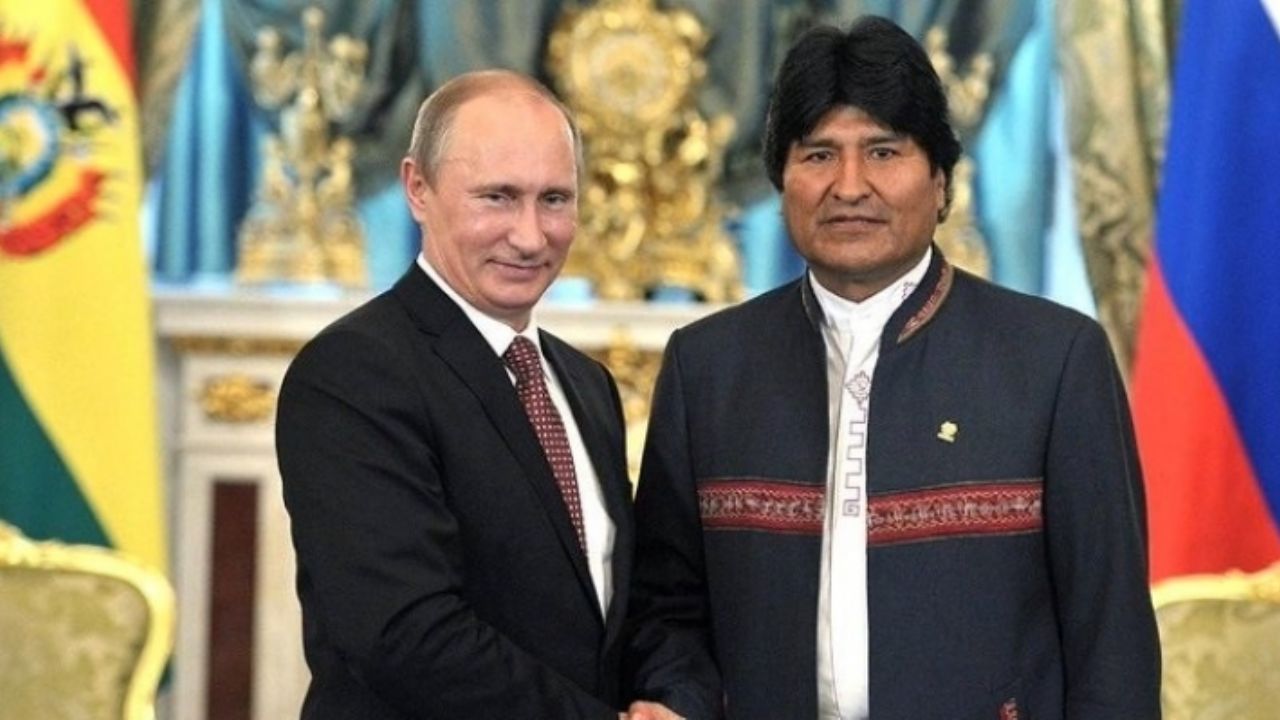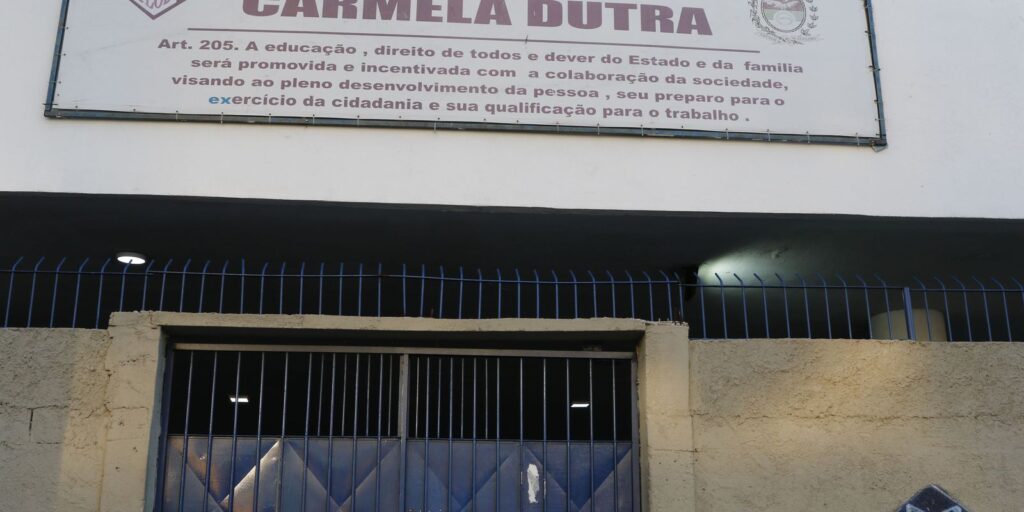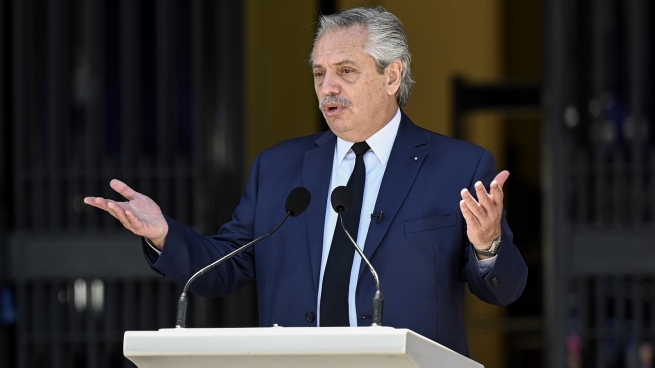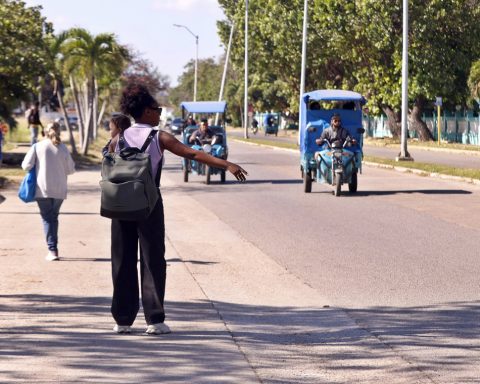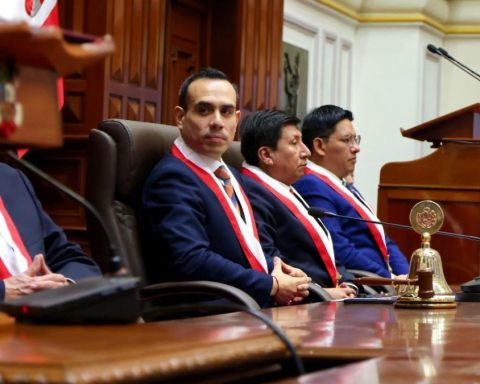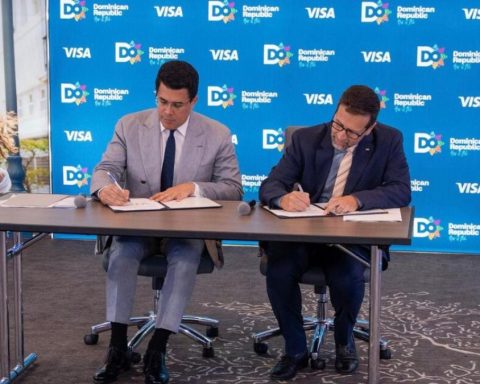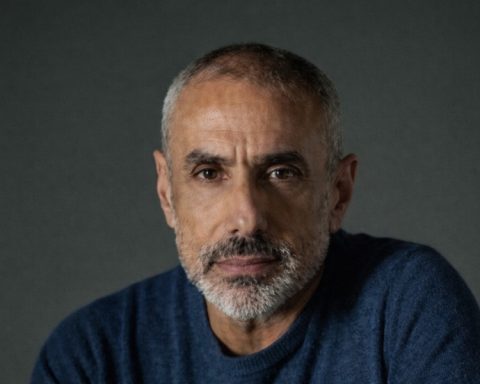Digital compass
Bolivia and Russia, from the government of Evo Morales, maintain a fluid relationship and developed several agreements in nuclear, military, energy and health matters mainly. Nuclear treaties are secret.
The Citizen Community (CC) demands that the confidentiality of the agreements be lifted because they go against the Political Constitution of the State and were not reviewed by the Plurinational Constitutional Court.
“peaceful use” of nuclear energy
On March 6, 2016, Bolivia and Russia signed the “Agreement between the Government of the Plurinational State of Bolivia and the Government of the Russian Federation on cooperation in the field of peaceful use of nuclear energy” in Alto.
The agreement in question was ratified by the Plurinational Legislative Assembly, an instance in which the MAS had a majority.
Said agreement has an indefinite confidentiality clause and ratified in Bolivia by a law approved on December 12, 2017 that also assigns the “exclusive” competence of nuclear technology “for peaceful purposes” to the central level of the State and establishes the conditions for the construction of the Center for Research and Development in Nuclear Technology (CIDTN).
You can also read: The Efe Agency temporarily suspends its informative activity from Russia
The Center for Nuclear Medicine and Radiotherapy, as it is now called, will be inaugurated by President Luis Arce tomorrow in District 8 of El Alto, although Russian technicians estimated that this plant will start operating in 2024.
It is the first time that a nuclear research center and a nuclear reactor were built at more than 4 thousand meters above sea level. The project has a cost of 351 million dollars.
What about the other components of the framework agreement signed in 2016? It is not known exactly. Those who had access to the documents point out that the Bolivian State handed over control of the entire production chain, which generates a technological dependency.
lift the secrecy
The senator of the Citizen Community (CC), Cecilia Requena, is concerned about the nuclear threat that Russia made to the world.
“We as a State, violating our own norms, have granted two international treaties that basically give Russia complete control of the chain, from prospecting, mining, to waste radioactive substances,” he denounces.
You can also read: Russia and Ukraine accuse each other of not respecting a ceasefire, the evacuation of Mariupol is postponed
Only the executive powers of both countries have access to this information while the common mortals ignore the contents.
“It is unacceptable that Bolivia has a strategic treatment of exclusivity, secrecy, with a state that has become a pariah precisely because of the nuclear threat,” laments Requena.
From CC they demanded the government of Luis Arce to lift the secret, especially now that Russia threatens nuclear attacks in the midst of its invasion of Ukraine.
There was no constitutional review
His colleague, Carlos Alarcón, observed two treaties on nuclear technology that contradict the Political Constitution of the State and the Constitutional Court did not have access to those documents as the norm demands.
“The government of former President Evo Morales has deliberately eluded prior control before the ratification of these treaties by the Plurinational Constitutional Court,” he denounced.
He considered that the content of both treaties is contrary to the spirit of peace, defense of life and protection of human rights.
“We consider it vital that the current government denounces these treaties, that is, that it annuls Bolivia’s link to these nuclear technology treaties because they are contrary to the current spirit of that aggressor state (Russia) that has even publicly made threats to use weapons. nuclear weapons, but mainly because a constitutional norm has been violated,” he demanded.
You can also read: Bolivia abstains for the second time from voting against Russia
The opposition legislators refer to two documents: “Cooperation Framework Agreement in the field of peaceful use of nuclear energy” and the specific agreement for the “Construction of the Center for Research and Development in Nuclear Technology.”
military cooperation
In September 2016, the defense ministries of both countries signed a Military Cooperation Agreement with the aim of developing military cooperation and strengthening mutual friendship relations.
The agreement was then signed by the Defense Ministers of the Russian Federation, Sergei Shoigú, and of the Plurinational State of Bolivia, Reymi Ferreira, at the Army 2016 International Forum, which took place from September 6 to 11 in the Russian city of Kubinka.
Among the main points of the aforementioned agreement, it is indicated that the parties will cooperate in the military field on the basis of the principles of reciprocity and in accordance with the objectives and principles of the Charter of the United Nations Organization (UN) and other principles and norms of International Law, international obligations and legislation of each of the States.
a) Exchange of views on the political-military aspects of global and regional security.
b) Development of relations in the field of military training, medicine, history, hydrography, topography, culture and sports in the military field.
c) Exchange of experience in activities and cooperation in peacekeeping operations under the protection of the UN.
You can also read: Russia has already launched 500 missiles on Ukraine
d) Exchange of experience in education and training of military personnel.
e) Other areas of military cooperation by mutual agreement of the parties, indicates the document of that time.
Ferreira explained, according to a press release from the Ministry of Defense, that the agreement allows for “technical training, the possibility of sending Bolivian officers to be trained in Russian military institutes and academies, then complementation, training, technology transfer, and in the third instance, to share war material; those are the three objectives of the agreement”.
The seven agreements of 2019, interest in lithium
On July 11, 2019, Presidents Vladimir Putin and Evo Morales signed seven agreements in Moscow at the Grand Kremlin Palace and these are:
1. Commercial agreement between the companies PJSC Acron and Yacimientos Petroliferos Fiscales Bolivianos with the participation of the Ministry of Hydrocarbons.
2. Memorandum of understanding between the Electricity Supervision Authority and the Federal Environmental Supervision Service for cooperation in the field of nuclear and radiological safety in the use of atomic energy.
3. Memorandum of understanding between the Bolivian Ministry of Energy and the State Atomic Energy Cooperation (Rosatom) of the Russian Federation on cooperation for the development of the lithium industry.
4. Memorandum of understanding between the Ministry of Energy of Bolivia and the Ministry of Energy of the Russian Federation regarding cooperation in the energy sector.
5. Memorandum of understanding between the Ministry of Government of Bolivia and the Executive Office of the Security Council of the Russian Federation.
6. Cooperation agreement between the Plurinational Diplomatic Academy of the Ministry of Foreign Affairs of Bolivia and the Diplomatic Academy of the Ministry of Foreign Affairs of Russia.
7. Agreement on cooperation between the Ministry of the Government of Bolivia and the Ministry of the Interior of the Russian Federation.
energy trading
In February of this year, the Arce government confirmed that it is negotiating an agreement with Russia to carry out oil and natural gas projects and a meeting of the Russo-Bolivian Intergovernmental Commission for economic and commercial cooperation is planned.
The cooperation “will allow the development of joint projects for geological exploration, production, transportation, processing, purification, storage and sale of oil and gas in Bolivia,” the Hydrocarbons Ministry said in a statement.
You can also read: Russia blocked access to Facebook and Twitter
The announcement came hours after the Russian Minister of Energy, Nikolai Shulguinov, revealed the result of a meeting with the Bolivian Minister of Hydrocarbons, Franklin Molina, in the prelude to the Sixth Summit of Heads of State and Government of the Forum of Gas Exporting Countries, in Doha, Qatar.
The “secret” vaccines Sputnik
On December 30, 2020, the government signed a contract with Russia for the supply of 5.2 million doses of the Sputnik-V vaccine to supply it free of charge and voluntarily to the Bolivian population as part of the fight against Covid-19. 19.
As with Russian contracts, this one is also confidential.
Russia, through the Gamaleya institute, twice failed to send the second dose and extended the application periods with supposed studies. The Bolivian government did not sanction its supplier.
Presidential spokesman Jorge Richter slipped that Bolivia paid less than 10 dollars per dose. With this estimate, if each vaccine had cost $9.99 per unit, then the sum of $51,948,000 would have been paid.
The government of Luis Arce avoided condemning the Russian invasion in different international instances despite the fact that the Bolivian Constitution rejects aggressive war as a problem-solving mechanism.
